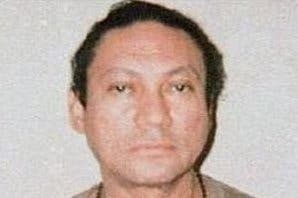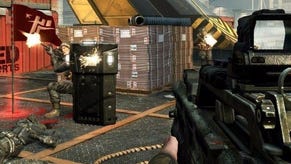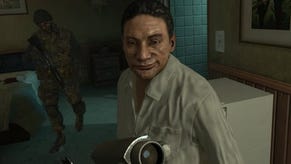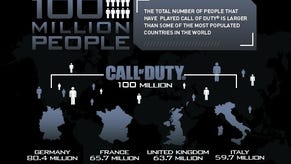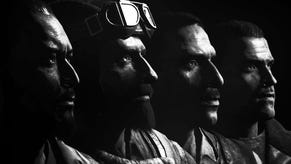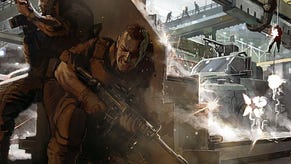Ex-dictator's lawsuit against Call of Duty maker Activision dismissed
"This was an absurd lawsuit from the very beginning."
A judge has dismissed a lawsuit brought by a former military dictator against Call of Duty maker Activision.
In July ex-Panamanian dictator Manuel Noriega sued Activision over the use of his likeness in developer Treyarch's first-person shooter Call of Duty: Black Ops 2.
In the game Alex Mason and Frank Woods track Noriega, codenamed False Profit by the CIA, to the outskirts of Panama City. You can see the scene in which they find him in the video, below, taken from the level Suffer With Me.
80-year-old Noriega, who lives in Panama, sued Activision for the "blatant misuse, unlawful exploitation and misappropriation for economic gain" of his image in Black Ops 2, which came out in 2012. Noriega's lawyers claimed: "In an effort to increase the popularity and revenue generated by Black Ops 2, defendants used, without authorisation or consent, the image and likeness of plaintiff in Black Ops 2.
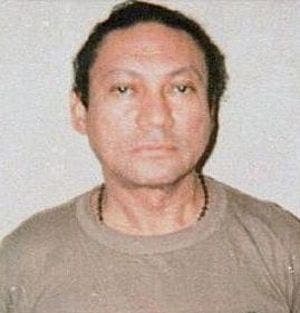
"Defendants' use of plaintiff's image and likeness caused damage to plaintiff. Plaintiff was portrayed as an antagonist and portrayed as the culprit of numerous fictional heinous crimes, creating the false impression that defendants are authorised to use plaintiff's image and likeness. This caused plaintiffs to receive profits they would not have otherwise received."
However, today Judge William H. Fahey of the Los Angeles Superior Court ruled in favour of Activision, which had filed a motion to have the lawsuit it had deemed "frivolous" dismissed on the grounds of protected free speech.
The Court doubted Noriega's reputation had been harmed by his appearance in Black Ops 2, and his right to publicity was outweighed by Activision's right to free expression as protected by the First Amendment.
Activision, who had drafted in ex-New York Mayor Rudy Giuliani to help its case, said the ruling marked a "significant victory" for the genre of historical fiction in all types of works of art, including video games.
"This ruling is an important victory and we thank the court for protecting free speech," said Giuliani.
"This was an absurd lawsuit from the very beginning and we're gratified that in the end, a notorious criminal didn't win. This is not just a win for the makers of Call of Duty, but is a victory for works of art across the entertainment and publishing industries throughout the world."
